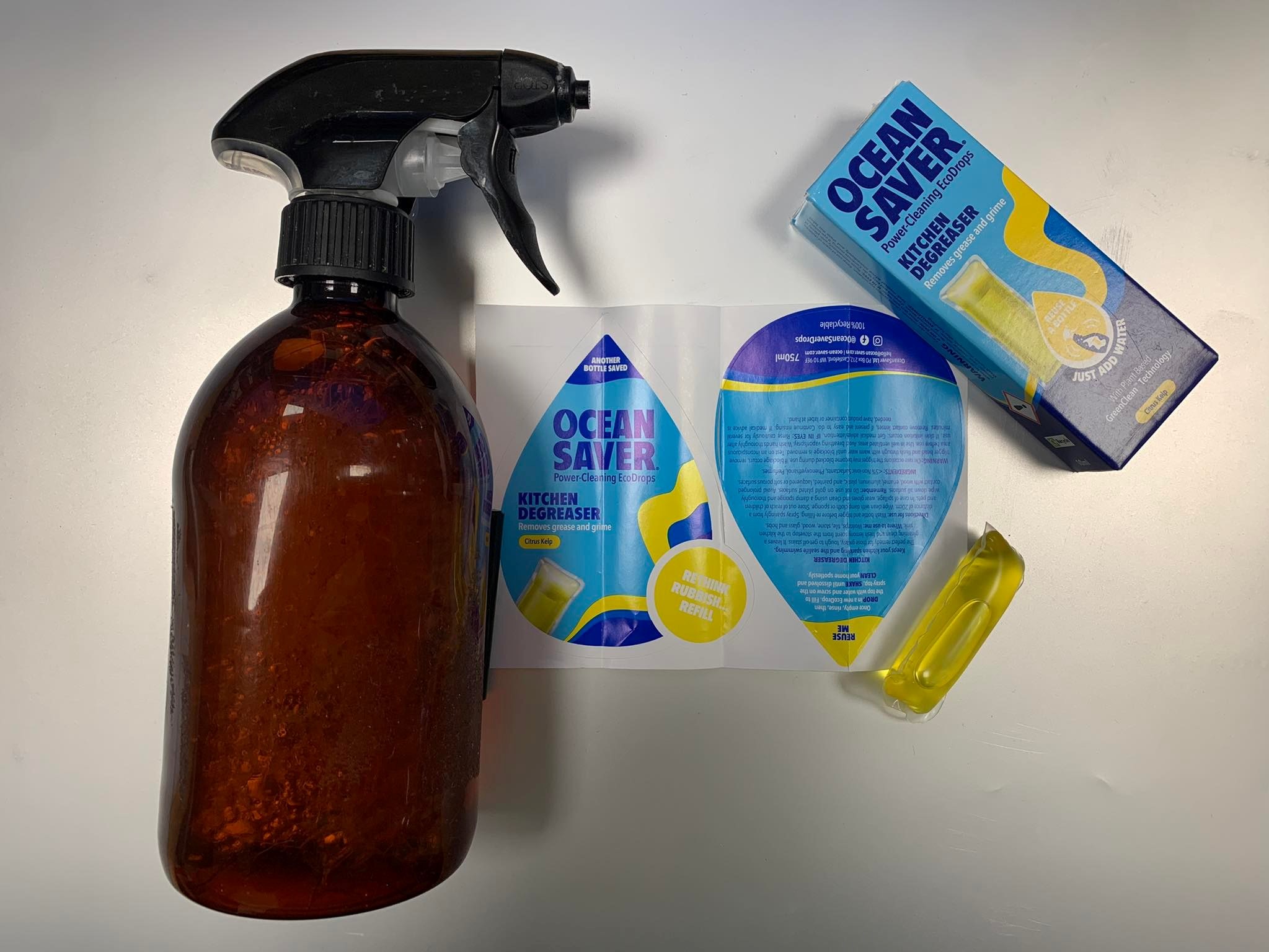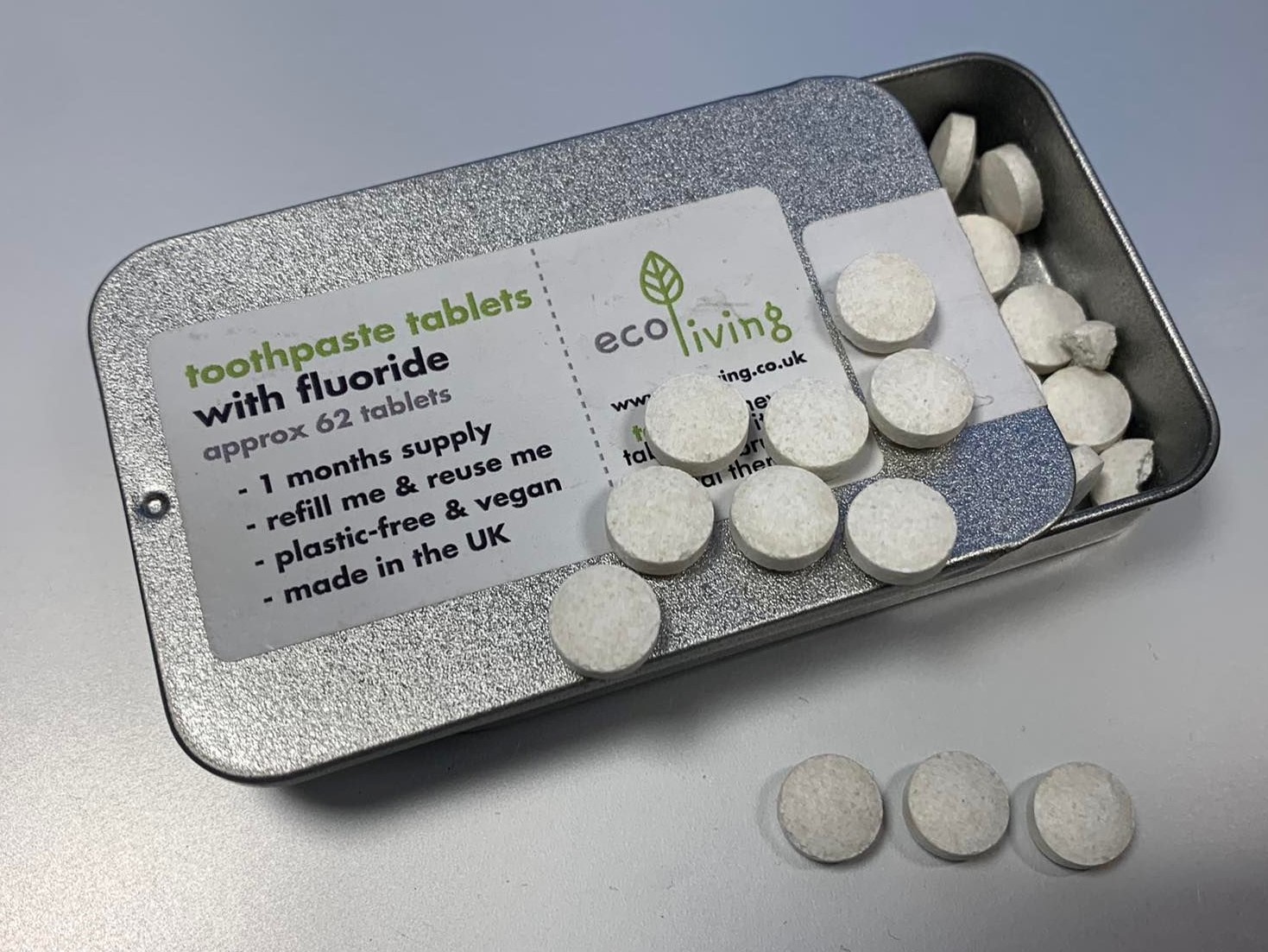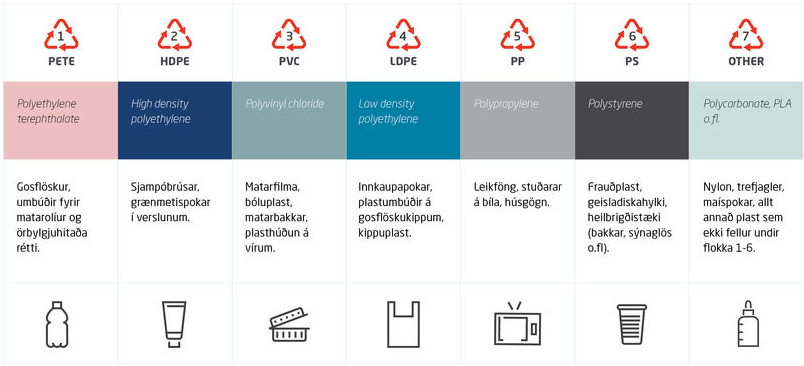Úrgangur
Every time a product is produced, new energy, time, money, and raw materials have been extracted from one of the earth's limited resources. Therefore, it is fundamental in rationalizing resources that each product has a long lifespan or is utilized well. Consumerism and waste are some of the most significant environmental problems on earth. To continue to use our resources, it is essential to create cycles where the product that has been used does not go to landfills but is sorted and recycled in some way.
For a while, all household waste in Akureyri was placed in a landfill in Glerárdalur. It did not matter if it was a banana peel or a sofa; everything was dumped into the same hole.
In recent years and decades, sorting and recycling have increased significantly as knowledge of landfill hazards increases and recycling technology advances. In 2010, the landfill in Glerárdalur was formally closed, and it is now forbidden to dump rubbish in the area.
Recycling in Akureyri
Sorting in Akureyri has been a journey; it has been a long time since people started collecting clothes in collection containers and sorting from the wood thrown away. Great emphasis is now placed on sorting waste from companies and households, and eleven local sorting stations have been established. The stations contain containers for newspapers/magazines, corrugated cardboard, plain cardboard, drinking squares and plastic packaging, baskets under metals and glass, a storage box for batteries, and a container for leftover candles and cooking oil.
There are no bins for organic waste at nearby stations, but all homes in Akureyri should have a trash bin with a compartment for organic waste, and the green bin for organic waste is inside every home.
Significant waste management was introduced by Molta EHF., which receives organic waste and turns it into compost. Today, about 80% of all organic waste in North Iceland is turned into compost. Therefore, there has been significant progress in sorting in recent years, but the aim is for all waste generated in the area to go into some cycle.
By sorting and promoting a product into a recycling system, we turn waste into a product. However, the key to successful recycling is that the process is cost-effective and that the public and companies contribute to recycling and sorting of waste generated.
The recycling guide on the Akureyri website


Organic waste is generated in various places and can be utilized differently.
The residents of Akureyri collect organic waste in The Green Basket, and then there is a special compartment in the trash bin for the organic waste that is picked up by a garbage truck. The organic waste is also collected from companies, schools, and industry as raw material in composting at Molta EHF. Timber also goes there, and the paper that has been sorted in local containers in Akureyri.

NO BIOPLASTIC (EXCEPT THE BAG IN WHICH THE ORGANIC WASTE IS IN) SHOULD GO IN THE GREEN BASKET.
ALL DEGRADABLE BIOPLASTIC SHOULD GO TO GENERAL WASTE - MORE INFORMATION UNDER THE BIOPLASTIC TAB.
IF A ROLL OF GREEN BAGS IS NO LONGER USEABLE, DO NOT PUT IT IN THE GREEN BASKET, IT SHOULD GO TO GENERAL GARBAGE.
The Green Funnel is another way where residents can sort organic waste. It is used to collect used cooking oil from households,
then transported with oil from industry and restaurants to produce biodiesel at Orkey EHF.
Organic waste can also be used to produce other materials like glycerol, methane, hydrogen, ethanol, and methanol.
Bioplastic is a synonym for plastics originating in biobased plastics and includes biodegradable plastics forming in petroleum.
This can be confusing as bioplastics can be both biodegradable and non-biodegradable, as well as being of organic and petroleum origin.
Bioplastics are therefore not all sorted and recycled in the same way:
Bioplastic that is of organic origin but is not biodegradable (Bio-PE, bio-PET, and bio-PP) should be classified as conventional plastic.
Bioplastic that is of organic origin and is biodegradable (Sterkjublöndur, PLA, PHA, PHB) Is marketed as biodegradable. Still, its decomposition only occurs under certain conditions, and those conditions do not exist in the composting plant Molta EHF.
In Akureyri, therefore, this packaging should be handled with general waste.
Bioplastic made from petroleum but biodegradable (PCL, PBS, PBAT) should be sorted with general waste, not conventional plastic.
The picture below shows the main types of bioplastics and conventional plastics, their origin, and how / if they decompose.


Recycling plastic is inefficient, and the efficiency depends on the composition of the plastic, but plastic is classified into seven main categories.
The packaging plastic sorted in local containers in Akureyri is transported to the reception point, bagged, and then sent for further sorting to Sweden. What cannot be recycled due to the composition of the material is burned for energy efficiency in that country.
Pure North Recycling is a company in Hveragerði, Iceland, that recycles plastic with renewable energy sources, mainly geothermal energy. The company accepts certain types of plastic, such as hay roll plastic and hard plastic. The used plastic is then cleaned and processed, and the product from which it is made is plastic beads that can then be used to produce new plastic products. The goal of recycling is for plastic to return to plastic and for complete processing to leave as little or no carbon footprint as possible, but no chemicals are used in the processing.
Pure Noth Recycling recycles most hay roll plastic in Iceland or about 2000 tons per year. Pure North Recycling is taking its first steps in recycling hard plastic and aims to recycle packaging plastic, as 95% of unprocessed packaging plastic is exported. Therefore, there is much to gain, but it is estimated that for every tonne recycled from plastic, 1.8 tonnes of oil are saved.
The sorting of paper can be divided into three:
1. Corrugated cardboard: These are, e.g., cardboard boxes, pizza boxes, cardboards on pallets, and various types of protective packaging. The cardboard sorted at Akureyri's sorting stations is disposed of at Terra's reception center in Réttarhvammur. It is pressed into large bales and transported directly from Akureyri to the Netherlands for recycling.
2. Newspapers and magazines: E.g., newspapers, magazines, brochures, envelopes, office paper, and gift wrap that does not have glitter or metal/skin. The paper from the sorting stations of Akureyri is used as an admixture in the composting at Molta. What is not used in compost production is exported to the Netherlands and sold there on the market.
3. Drinking cartons and plain paper: Packaging from, e.g., dairy products, fruit juices, cereals, and biscuits. The cartons and cardboard packaging sorted at the sorting stations in Akureyri are unloaded at a reception center and bagged for export. The bales are transported directly from Akureyri to the Netherlands. (Christmas and gift wrap with glitter and metal finish cannot be recycled and must be disposed of in general rubbish, which will then be put into landfill.)
Metals are valuable raw materials that can be recycled many times without reducing their value.
This material is scarce globally and should not be treated as unsorted waste.
What are classified as metals are cans, aluminum foil, glass jar lids, wire hammers, staples, and aluminum cubs for tealights.
To be able to produce 1 ton of aluminum, you would need at least four tons of bauxite, 100 kg of 50% baking soda, 400 kg of carbon, 15,000 Kwst of electricity, 100 kg of calcium, 20 kg of aluminum fluoride, and up to 10,000 liters of water. In addition, 2 tonnes of hazardous red waste sludge are produced during bauxite production. Then there are the emissions from the smelters, which contain 1.5 tonnes of carbon dioxide and some fluoride, sulfur oxide, dust, etc.
For every kilogram of aluminum recycled instead of landfilled, CO2 emissions are reduced by 9 kg.
Only 5% of the energy is used to produce the same amount of new aluminum for recycled aluminum. The bauxite, baking soda, and a large part of the water are also saved. In addition, CO2 emissions from the production of recycled aluminum are significantly lower. Recycled aluminum has the same properties and is as good as new aluminum. Therefore, sorting all the aluminum waste and returning it for recycling is essential.
The metals sorted in Akureyri are sent to the metal processing companies - Fura or Hringrás. Those companies export the metals from the country where they are smelted or recycled.
It is important to sort all glass and never put it in with the general waste as it can break and cause accidents.
All glass sorted in the Eyjarfjörður area is discharged to Skútaberg and crushed.
Unsorted waste is landfilled
It is most expensive to return unsorted waste, both for the wallet and the environment. There is very little that cannot be sorted, and it is possible to avoid having a lot of unsorted material by choosing a better option and thus avoiding the products that cannot be recycled.
The household waste that cannot be sorted today is nappies, sanitary napkins, cotton balls, wet wipes, pet waste, wipes such as Tork, toothpaste, and other tubes unless they are very well cleaned, vacuum cleaner bags, and cigarette butts.
More environmentally friendly option for unsorted household waste
Diapers cannot be recycled and also contain many unwanted substances. You can buy cloth diapers, but they are better for the environment and the wallet.
Tampons and sanitary pads, like diapers, are not recyclable and contain many unwanted substances. You can choose more environmentally friendly products for your menstrual periods, such as reusable menstrual pads and The Menstrual Cup, available in all pharmacies. Period Underwear has become more popular, and period swimwear, leotards, and athletic shorts.
Toothpaste - You can choose toothpaste tablets in more environmentally friendly packaging than a plastic tube, e.g., aluminum trays that can be refilled.
Home cleaning products such as hair soap, conditioner, detergent, dishwashing liquid, and cleaning spray can be purchased in reusable packaging that can be bought repeatedly in refills. You can also use spray cans again and buy detergent tablets that dissolve in water instead of buying a new spray can with cleaning fluid in it. About 90% of the cleaning liquid in the spray cans is imported water.
All unsorted waste generated in Akureyri is loaded into efficient transport units and transported to Stekkjarvík in Húnavatnssýsla, where it is landfilled.
Returning unsorted waste is the most expensive process, both for your wallet and for the environment. In fact, there are very few things for which it is not possible to sort. By choosing to sort items it is possible to significantly decrease the amount of products that do not make it to the recycling center.
Home waste that can not be sorted as of today:
Not able to be sorted
- Diapers,
- Menstrual pads and tampons
- Cotton balls
- Wet wipes
- Toothpaste tubes - and caps unless they are very well cleaned.
- Pet waste
- Wipes (such as Tork)
- Vacuum Bags
- Cigarette Butts
Better solutions
- Reusable diapers
- Reusable menstrual pads, period underwear, period cup
- Reusable cleaning cloths, laundry bags, and rags
- Toothpaste tablets for which you can by refills
Although it is possible to recycle various single use packagings (e.g. from aluminum, paper, or plastic) the best option is always to reduce the use of single-use packagings in the first place.
Products where refills or reusable options are readily available instead:
Einnota vörur eða umbúðir
- Hand soap in a pump
- Hair soap in plastic container
- Conditioner in plastic container
- Shaving cream / foam in a can
- Razor
- Detergent in plastic or cardboard packaging
- Dishwashing liquid in plastic packaging
- Dishwashing detergent in plastic or cardboard packaging
- Cleaning agent in a plastic spray can
- Cotton balls
- Bleyjur
- Tampon
- Menstrual Pad
- Toothpaste in plastic tube
- Coffee machine capsules in plastic
- Carrying bags (like from the store) from plastic and biodegradable plastics
- Bags for vegetables and fruit from plastic and biodegradable plastics
Betri kostur: Fjölnota vörur eða áfyllingar
- Soap bar or refilling of liquid handsoap
- Hairsoap bar or refilling of liquid hairsoap
- Conditioner bar or refilling of liquid conditioner
- Conditioner bar
- Reusable razor
- Refilling of detergent or liquid detergent
- Refilling of liquid dishwasher detergent
- Refilling of dishwasher detergent or liquid detergent
- Refilling, cleaning tablets that dissovle in water
- Reusable cleaning rags
- Reusable diapers
- Period cups
- Reusable menstrual pads or period underwear
- Toothpaste capsules for which refills can be bought.
- Reusable coffee tablets or the good ol' pourover coffee!
- Carrying bags from textile
- Reusable mesh bags
Example of detergent for which it is possible to buy refills that dissolve in water instead of buying all new spray bottles which probably contain 90% imported foreign water.

Example of toothpaste in capsule form for which it is possible to buy refills.


